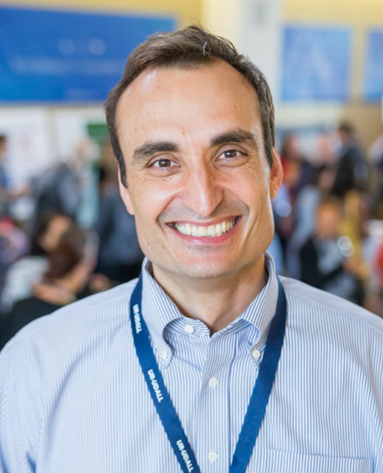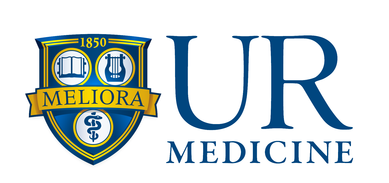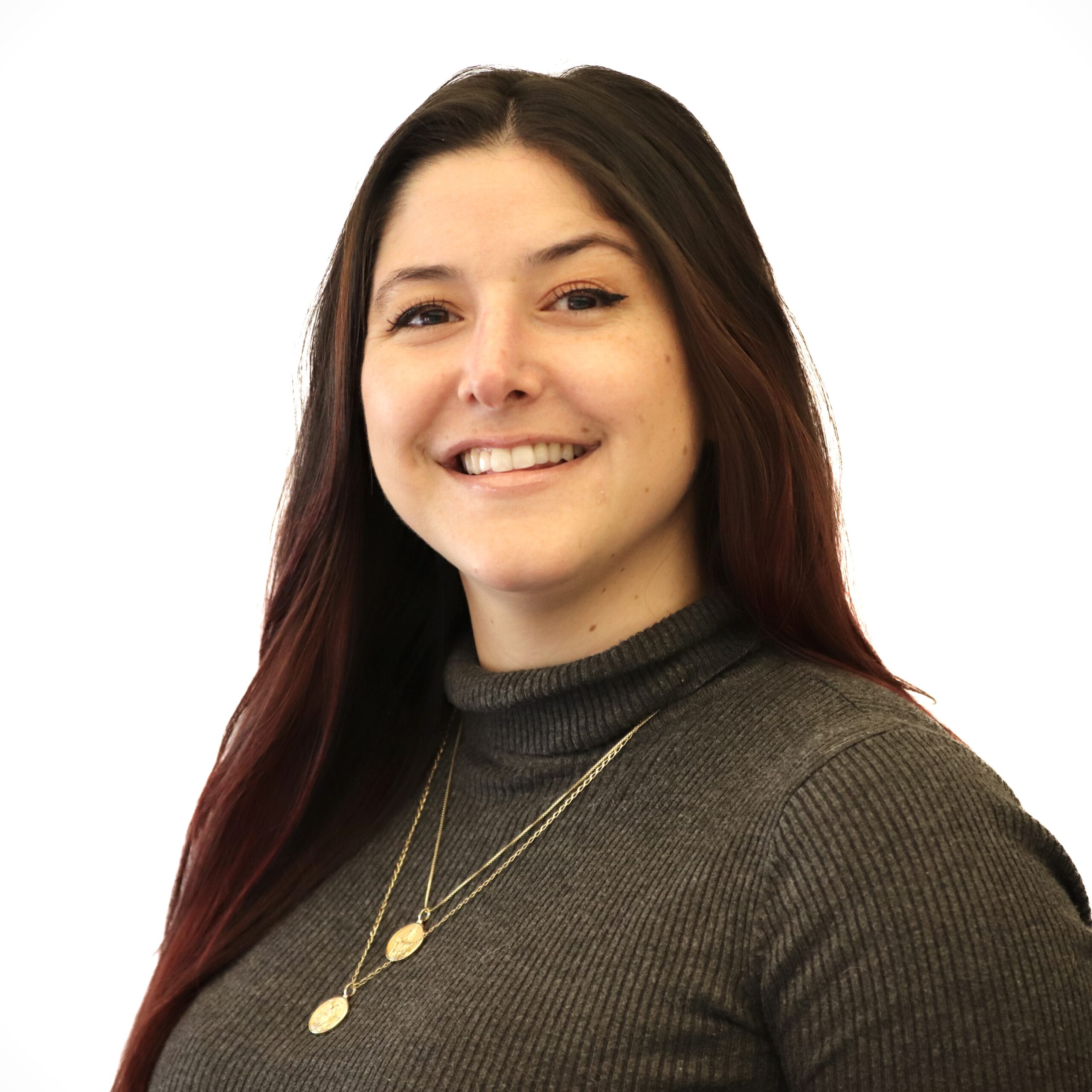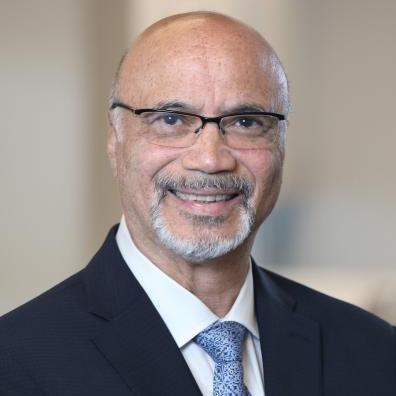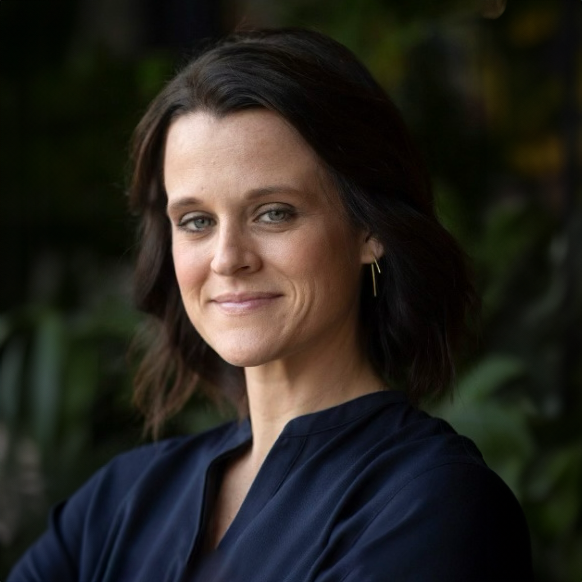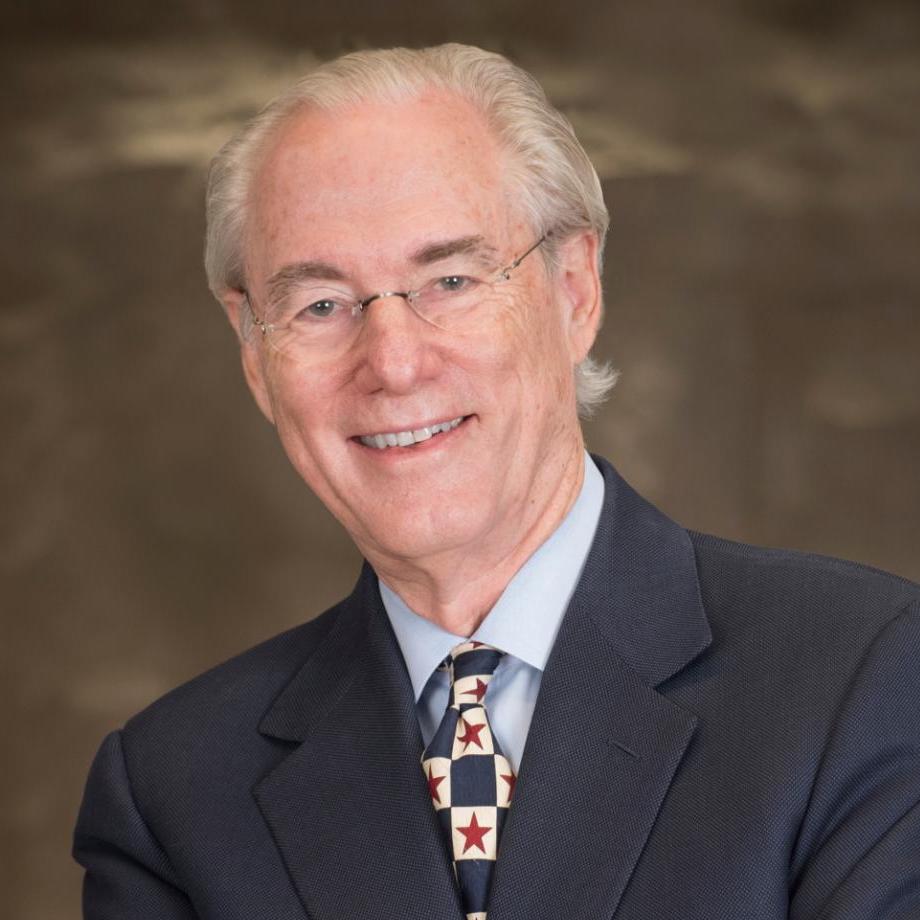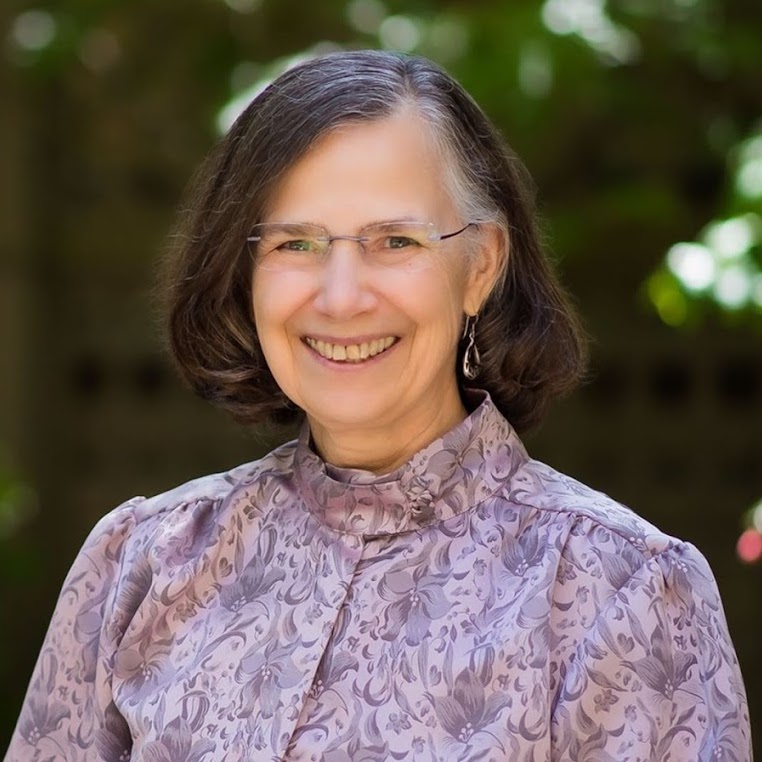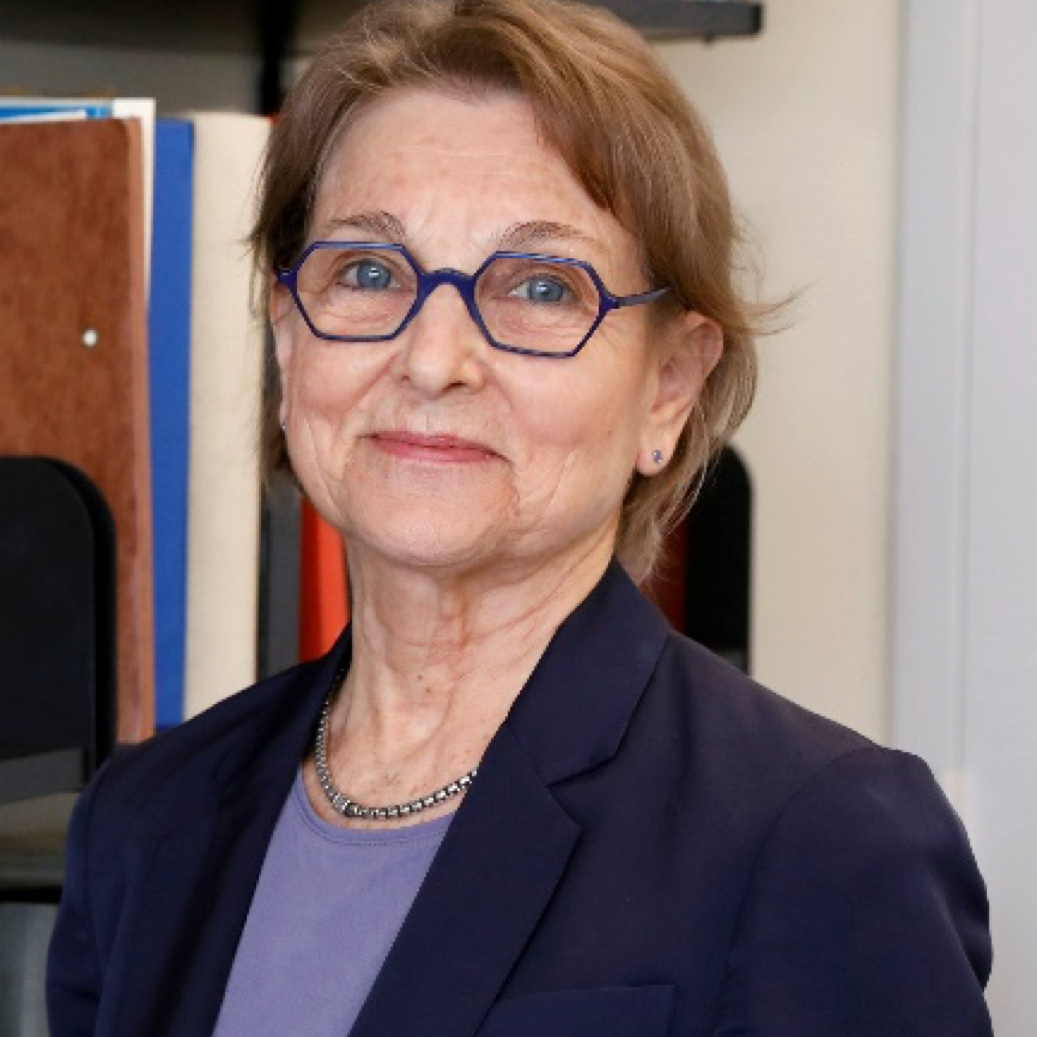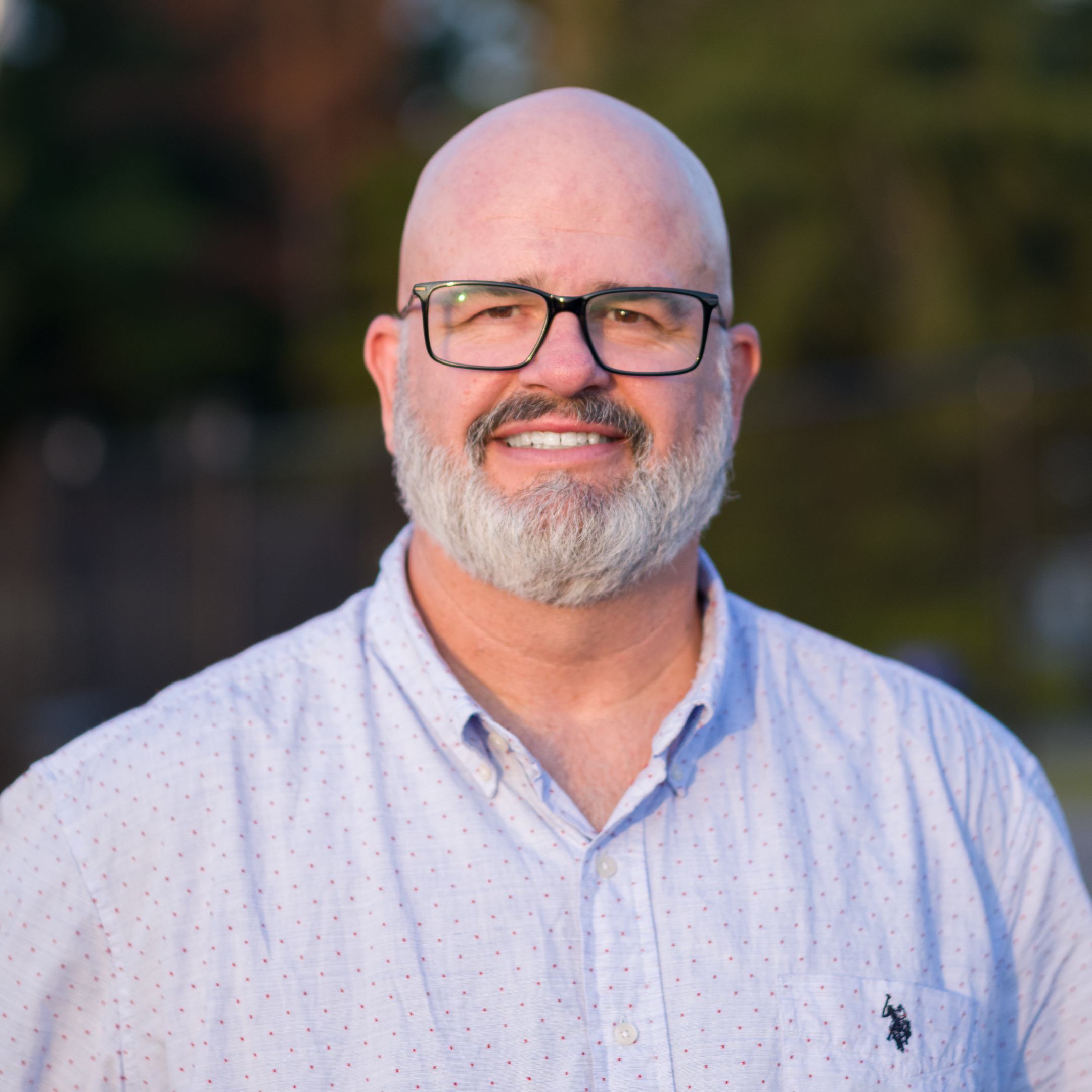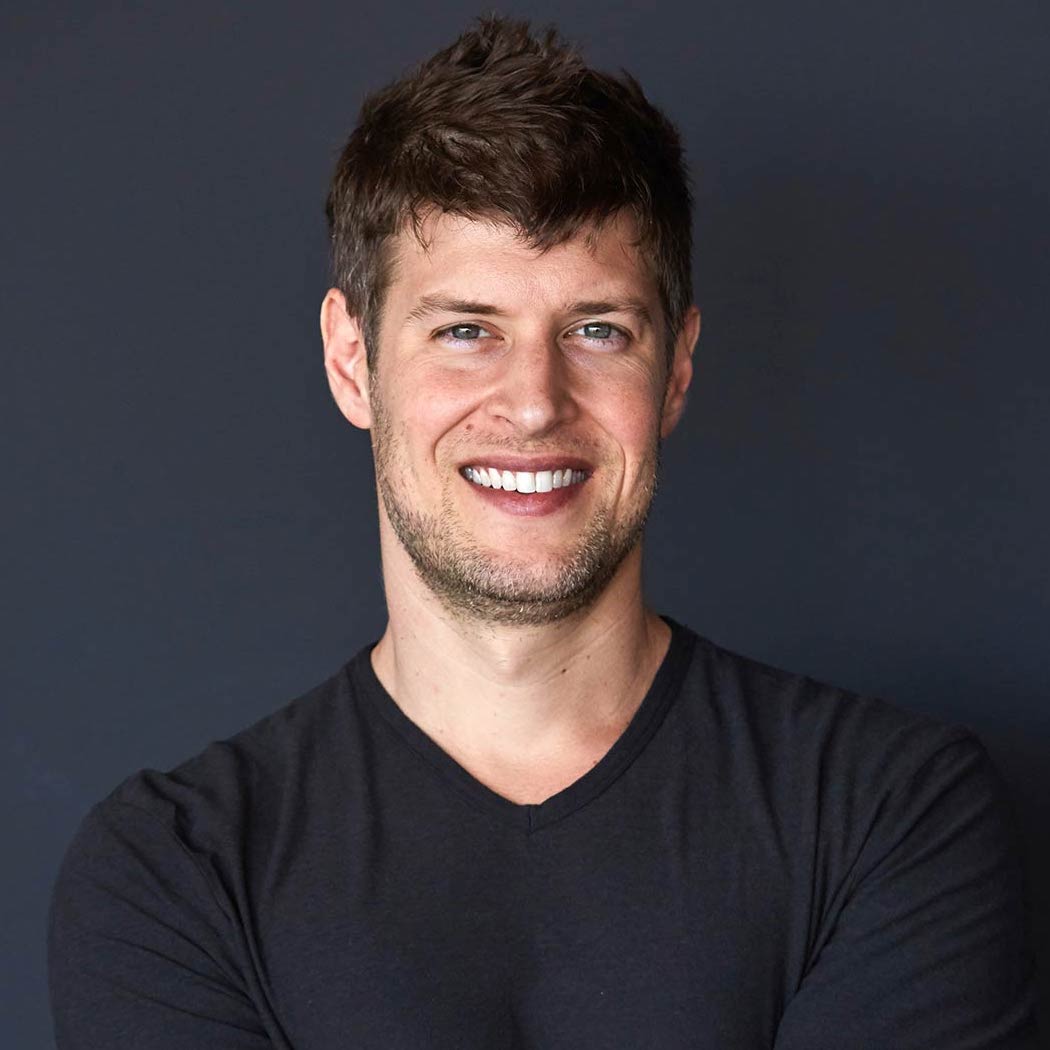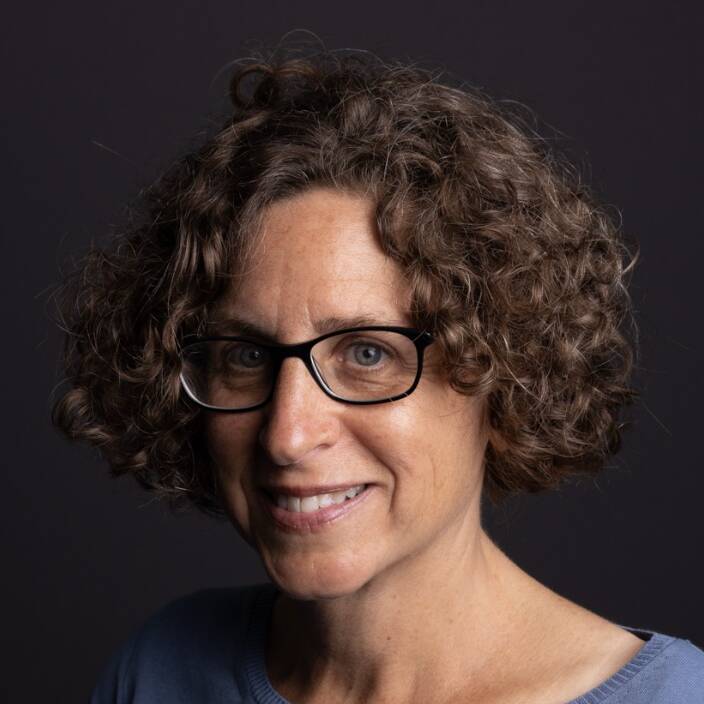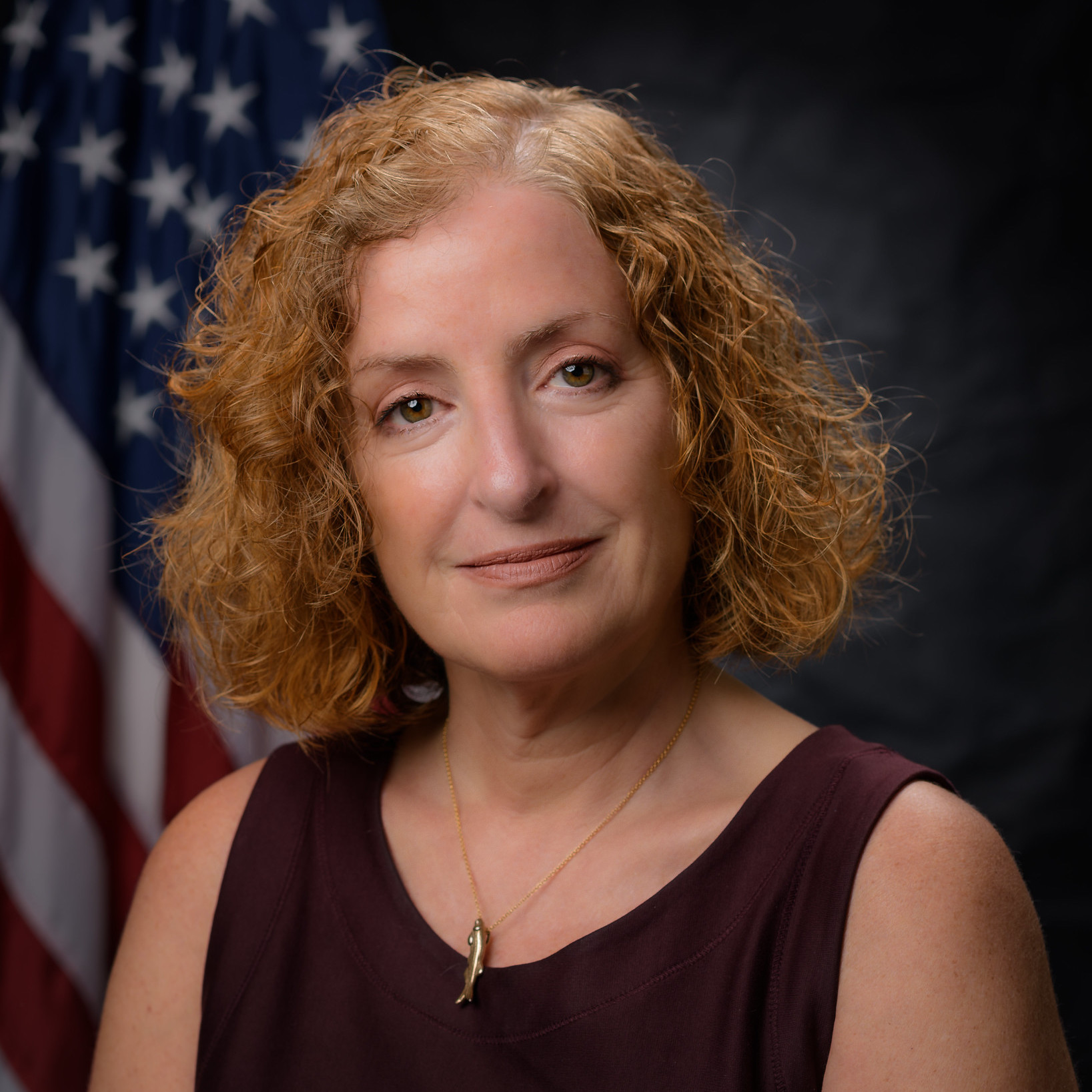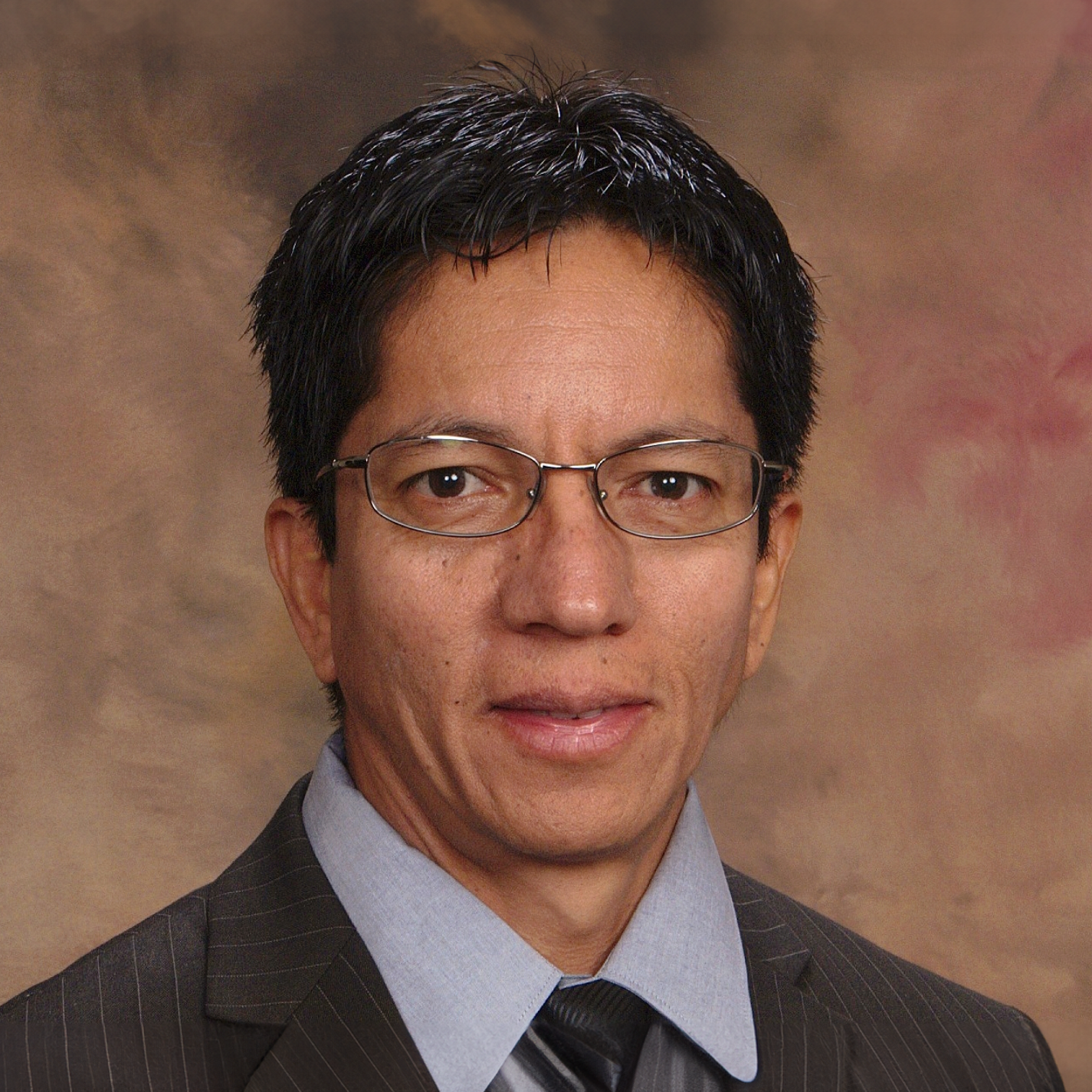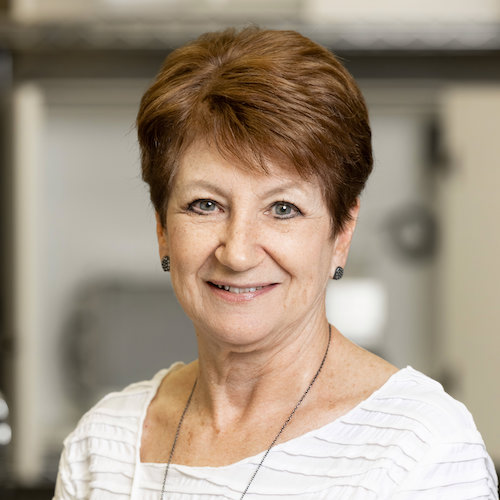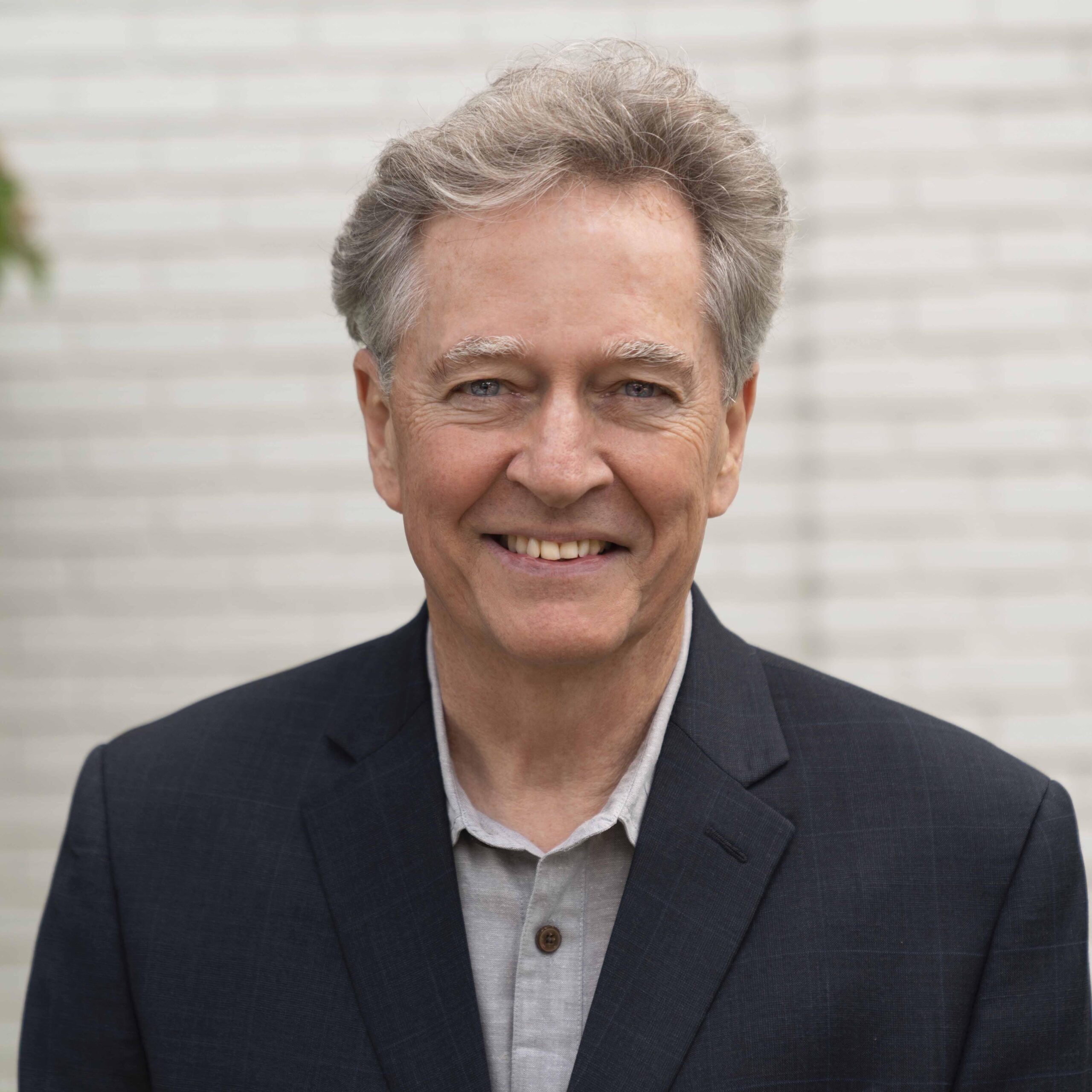Whether the issue is climate change, clean energy, safeguarding privacy, nuclear non-proliferation, investor protection or preserving an open Internet that spurs competition and consumer choice, Senator Markey stands up for the priorities and values of Massachusetts.
While serving for 37 years in the U.S. House of Representatives, Senator Markey fought for his constituents throughout his Congressional District. When he was Dean of the Massachusetts delegation in the House, he worked to harness the energy and influence of his colleagues on behalf of the entire Commonwealth. Elected to the Senate in a special election in June 2013, Senator Markey is bringing his experience, energy and expertise to fight for all the people of Massachusetts.
Senator Markey has amassed an unparalleled record of energy and environmental legislative achievements. He has consistently fought to create new jobs in American clean energy and served as a leading consumer champion against rising gas prices and foreign oil. He is the principal House author of the 2007 fuel economy law, which will increase fuel economy standards to 54.5 miles per gallon by 2025, the first increase in a generation. He also is the author of the appliance efficiency act of 1987, which stopped the construction of hundreds of coal-fired plants. Senator Markey authored the law that established the Northeast Home Heating Oil Reserve, ensuring that New England families won’t be left out in the cold when oil prices spike. And he is the author of the revolutionary law that requires electricity regulators to open up the wholesale electric power market for the first time.
In 2009, Congressman Markey was the co-author of the landmark Waxman-Markey bill, the only comprehensive climate legislation ever to pass a chamber of Congress. It gave hope to the world that the United States was serious about addressing climate change and helped America effectively negotiate with the international community.
Senator Markey was a leading voice in the investigation into the BP oil spill. He insisted that the company reveal the true size of the spill’s flow rate, raised concerns about the use of toxic chemical dispersants into the environment and forced BP to make live video footage of the oil spill available to the public on the “Spillcam” website he created. BP ultimately pled guilty to 14 counts, including one count of Obstruction of Congress for making false and misleading statements and withholding information and documents from then-Rep. Markey about the true size of the spill.
In the House of Representatives, Congressman Markey served as the Ranking Member of the Natural Resources Committee. From 2007 to 2010, he served as Chairman of the Select Committee on Energy Independence and Global Warming, a signature committee established by then-Speaker Nancy Pelosi. He also served on the Energy and Commerce Committee, where he was Chairman of the Subcommittee on Energy and the Environment.
A member of the Commerce, Science and Transportation Committee, Senator Markey is a national leader on telecommunications policy, technology and privacy. In the House, he served for 20 years as Chair or Ranking Member of the Subcommittee on Telecommunications and the Internet, where he fostered the growth of new information technologies and was the principal author of many of the laws now governing our nation’s telephone, broadcasting, cable television, wireless, and broadband communications systems. He is the House author of the 1992 Cable Act, which increased choices for millions of consumers and enabled satellite-delivered programming to be more widely offered.
He also authored the law in 1993 that moved over 200 MHz of spectrum from government to commercial use, creating the 3rd, 4th, 5th, and 6th wireless phone companies. New companies entered the market with digital technology, forcing the incumbents to innovate and invest and pushing mobile phone prices down.
Congressman Markey authored the landmark Telecommunications Act of 1996, ushering competition into the telecommunications marketplace and unleashing private sector investment.
Competition remains Senator Markey’s economic mantra–in his words, “ruthless Darwinian competition that would bring a smile to Adam Smith.” He has been instrumental in breaking up anti-consumer, anti-innovative monopolies in electricity, long-distance and local telephone service, cable television, and international satellite services. He was one of the only members of the House Commerce Committee to fight AT&T’s monopoly in the early 1980’s and is a principal author of the requirement that the Bell Operating companies accept local telephone service in the 1990’s. His pro-competition policies have directly benefited job creation in Massachusetts and throughout the country.
While in the House, Congressman Markey introduced the Internet Freedom Preservation Act, the first net neutrality bill introduced in Congress, to ensure that as the Internet continues to evolve, it remains a level playing field guided by the principles of openness, competition and innovation. He also has been a key leader on providing privacy protections for personal information such as medical records, financial records, and on-line purchases. He has championed strengthening privacy protections for children and is the House author of the Children’s Online Privacy and Protection Act (COPPA), the primary law that safeguards children’s privacy online.
From 2003 to 2009 in the House of Representatives, Senator Markey also served as a senior member of the Homeland Security Committee. In that capacity, he focused on closing gaps in our homeland defenses, particularly in the areas of nuclear, aviation, maritime, liquefied natural gas and chemical security. In the wake of the 9-11 attacks, he authored the first-ever mandate in the law that 100% of cargo on passenger planes is screened, and 100% of all maritime cargo is scanned before entering America’s ports.
Senator Markey also was the leader of the national Nuclear Freeze movement and has been a Congressional champion on nuclear nonproliferation. His amendment to ban all underground nuclear testing passed in 1986, and in the 1990s, he fought to tighten controls on global trafficking in nuclear technology. Since then, Senator Markey has continued his work on nuclear nonproliferation, successfully enacting new restrictions on exports of nuclear and dual-use technologies to Iran, North Korea, and other countries designated as state sponsors of terrorism and pressing for stronger nuclear nonproliferation conditions on all future nuclear trade cooperation agreements As founder of the Nonproliferation Caucus, Senator Markey continues to spearhead efforts to prevent the spread of nuclear weapons to safeguard the future for generations to come.
He is the author of some of the most important Wall Street reform laws since the Great Depression, including statutes that strengthened penalties against insider trading, improved federal oversight over the stock and futures markets, and reformed regulation of the government securities market.
Senator Markey was born in Malden, Massachusetts, on July 11, 1946. He attended Boston College (B.A., 1968) and Boston College Law School (J.D., 1972). He served in the U.S. Army Reserve and was elected to the Massachusetts State House where he served two terms representing Malden and Melrose. He is married to Dr. Susan Blumenthal.
